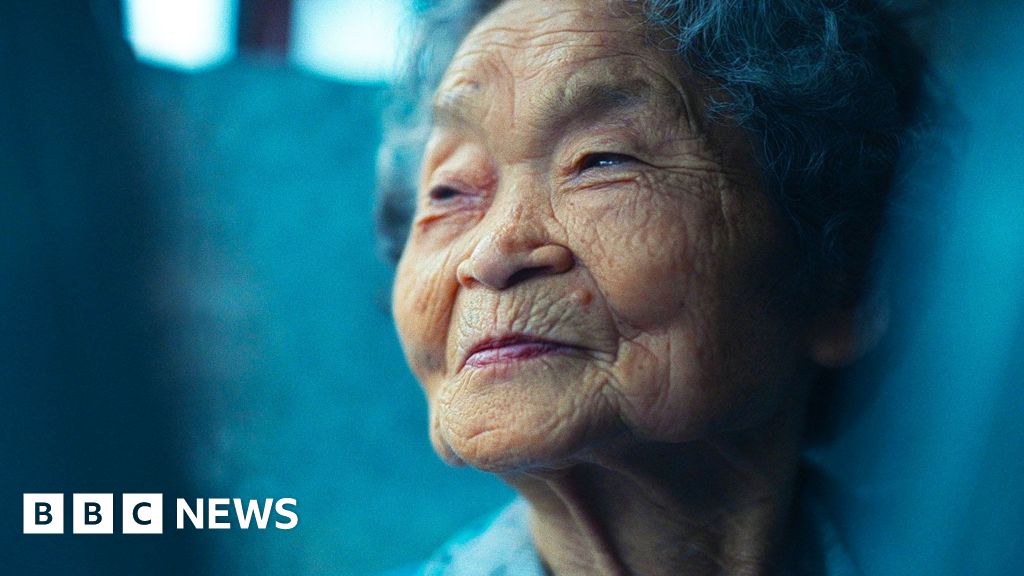CARIBBEAN AND other small island developing states (SIDS) recently found a champion in the United Nations Secretary General António Guterres, on access to scaled-up financial resources, as they look to realise development amid climate change and other challenges.
“Financing is the fuel of development. But the truth is that many SIDS are running on empty – suffering the impact of the COVID-19 pandemic and of the Russian invasion of Ukraine, which accelerated inflation and increased interest rates, [and] battered by a climate catastrophe they did not create,” Guterres said.
He was addressing the recent high-level meeting on the mobilisation of resources for SIDS, hosted in Antigua and Barbuda.
“With shocks that are becoming more and more frequent – and devastating – causing nearly US$100 billion in losses for SIDS between 2010 and 2019, SIDS face even greater challenges to achieve the Sustainable Development Goals than the rest of the world,” Guterres added.
Too often, according to the UN boss, “island nations are unable to make the investments they need in sustainable development – as precious resources are diverted to recovery from disasters and to debt service; and when they turn to the global financial system for assistance, they come often empty-handed”.
The result, he noted, has been that SIDS have been compelled to assume high levels of debt and are reliant on official development aid, which he described as “comparatively low”.
Citing the efforts of SIDs leaders, including Prime Minister Gaston Brown of Antigua and Barbuda, who led the advocacy to develop a Multidimensional Vulnerability Index that reflects SIDS needs for development finance; and Prime Minister Mia Amor Mottley of Barbados, who has led the Bridgetown Initiative to transform lending and provide inclusive, resilient finance to countries facing climate crises, Guterres said SIDS are doing all they can to help themselves.
“You are leading by example. But too often, you are facing closed doors – from institutions and systems that you had no hand in creating … have little voice in shaping … and that remain too often unresponsive to your needs,” he maintained.
“In current form, the global financial architecture fails to deliver for developing countries in general – and SIDS in particular,” he added.
The time is now, according to the secretary general, for significantly scaled-up actions to satisfy the financing needs of SIDS.
Those actions, he noted, should include debt relief.
“Today, nearly half of SIDS are on the edge or already grappling with unsustainable levels of debt. For many, the problem is liquidity. These countries should have access to effective debt-relief mechanisms, including the chance to pause debt repayments temporarily while global economic conditions remain difficult – without fearing for their future,” Guterres said, adding that debt service must also be compatible with sustainable development pathways.
Also necessary is attention to the transformation of lending practices to avoid, among other things, “bureaucratic obstacles”.
“We must lower borrowing costs by changing the rules on concessional finance. That includes taking into account vulnerability to external shocks. Climate-resilient or state-contingent clauses should become standard in all borrowing – so that countries are given breathing room when they face shocks,” he said.
“The UN’s Multidimensional Vulnerability Index can play an important role on this,” he said.
Also required, Guterres added, is “greater inclusivity across international financial institutions”.
“Global institutions cannot be effective if they are not representative. SIDS must have a seat at every table, and your voices must be heard. This is why we have been consistently advocating for the reform of the international financial architecture – so that it corresponds to today’s economic realities and provides an effective safety net for developing countries in distress, and, in particular, for SIDS.
His prescriptions have found favour with sustainable development professional and head of the consultancy firm, Environmental Solutions Limited (ESL), Eleanor Jones.
To begin with, Jones said a portion of the debt acquired by some SIDS is often in the wake of natural disasters, even as their ‘middle income’ designation limits their ease of access to things like concessional financing.
“As for this whole business of middle income, we must ask ourselves, how is that income distributed? We have high levels of poverty in our country; not just earning, not just GDP. And when you look at our social protection, our social systems, we really don’t have enough money to do these things. So when they say that we are middle income, this designation really is a little misplaced,” she told The Gleaner.
On the need for more inclusivity, the ESL boss said that is essential.
“The truth is, if you go into some of the headquarters of these [lending] entities, they are so disconnected from the reality on the ground such that inclusivity is really something that needs to be addressed. There is a terrible disconnect many times between corporate headquarters and the realities on the ground. We have to do more than checking boxes,” she insisted.




